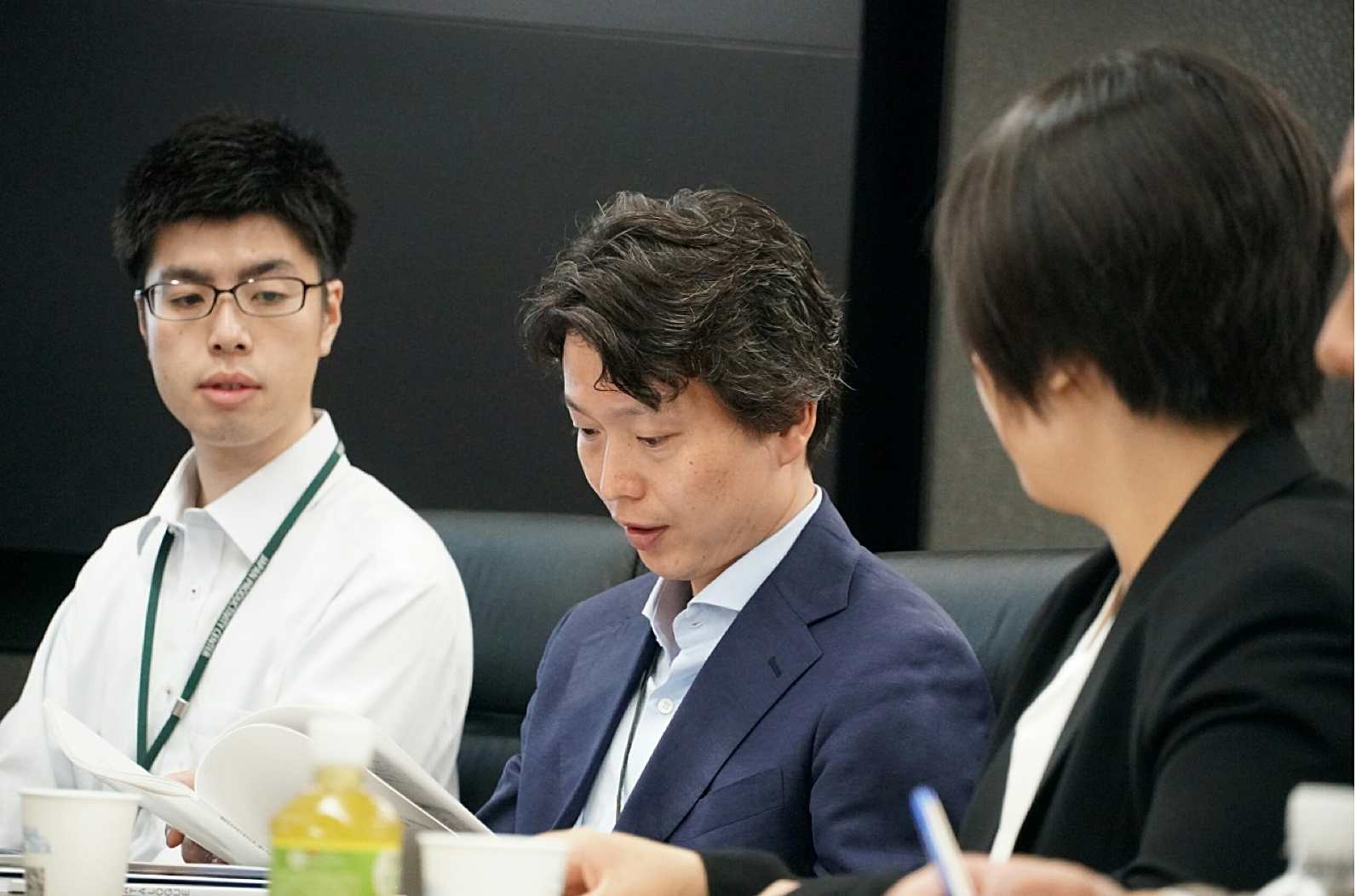Rural and Local Chuangsheng 05 / how does the Japanese local government carry out the "effective development strategic plan"? An exclusive interview with the production Department of Japan
Share + 1 Tweet Email
Wen / Chen Fenyu (head of the Rural Development Foundation) Wang Zhongrong (Assistant Professor, Department of Landscape Design, Furen University)
In September, the author had the honor to participate in the "Japanese Local creation" delegation composed of scholars, policy researchers, NPO workers and young farmers who are concerned about rural development. During this period, I called on the relevant departments of the Japanese Cabinet Office, prefectures and municipal governments, and non-governmental organizations that promote local creativity to benefit their policy formulation, regulation adjustment, training of local creative talents, and how to overcome the rigid problem of policy implementation. change the mode of government resource injection, hoping to further understand the key elements of the implementation of Japanese policy, and use other mountain experience to expand the thinking and action strategies of domestic rural development.
In the process of promoting local creation, how to implement the central policy into the local implementation promotion mechanism plays a very important role. The "productive headquarters of Japan, a legal person of public welfare consortia" (hereinafter referred to as "productive headquarters") visited during this visit, undertakes the important functions of policy translation and the establishment of a connecting mechanism, in addition to providing consultation and assistance to local governments, as well as personnel training.
Aiming at the productive headquarters, this article explains how the local authorities formulate the "local comprehensive plan" and how it connects with the central "local creative strategic plan". As for the part of assisting "talent training", it will be described in detail in the next article.
Productive headquarters acts as a government think tank and provides consultants to local governments.
Japan productive headquarters, a legal person of public welfare financial groups, is an important non-governmental organization in Japan, which was founded in 1955 and plays the role of a think tank of the Japanese government. In the early stage, it was managed by the Ministry of economy, Trade and Industry, with industry as the main area of activity. At present, its main tasks and services are to conduct research and provide relevant information on issues related to the "socio-economic system" (economic policy, social policy, social welfare policy) and capacity enhancement, and to carry out seminars, research conferences, promotion, personnel training and other work.
Under the above-mentioned role tasks, the productive headquarters also provides consultancy, consulting and other services to local governments, so they have some understanding of its operation.
Chief Sato, who is the director of the Department of Business Development, explained for the author and his entourage that the relationship between the productive headquarters and the local creation policy came from an important report that began to assist in the study of "areas where Japan is likely to disappear." this report is also an opportunity for the subsequent emergence of local creation policies. After that, as the Cabinet Office began to promote the local creation policy, it continued to be linked with the local creation policy.


Lijian City is an important producing area of chestnuts in Japan, but the aging population has led to an increase in abandoned agricultural land and a decrease in production. As a result, the city has set up an agricultural commune, which rents abandoned chestnut gardens for management and provides tourists with experiences. gradually restore the output of chestnuts in Kasumi City. At the same time, picking up chestnuts still depends on manpower, so the municipal government is also actively cooperating with private units to develop chestnut-related agricultural machinery to reduce dependence on labor. (photography / Lin Kuanhong)
(in order to have a deep grasp of rural development and local creation in the context of Taiwan's reality, "upstream and downstream" and "consortium legal person Rural Development Foundation" cooperate "Rural Development Topics" to explore the current situation in Taiwan and the policy trends in Japan with a series of articles. Please click here to read the full series of articles.)
Special topic of Japanese Local creation │ Regional Revitalization team & people who emigrated to places
Share + 1 Tweet Email
- Prev

Must it be vulgar to pick fruit? Brother Chiayi Persimmon plays with a trendy attitude!
In order to promote the production of persimmons in Fanlu Township, brother Fanlu in Chiayi County personally demonstrated the collection of 10 consecutive persimmons, whether it was "Weimi pretending to be cute", "Bidong confession", "handsome and cool MIB Star Men", or even the most famous sculpture in France in the 20 th century.
- Next

Don't eat American and radish lettuce for the time being! The Food and Drug Administration urgently issued import controls tonight, calling on the public to pay attention.
Don't eat American and radish lettuce for the time being! The Food and Drug Administration urgently issued import controls tonight, calling on the public to pay attention.
Related
- A course of planting techniques and methods on how to grow carrots
- How to plant the latest tulips?
- Is it better to pick tea in the morning or in the afternoon? When is the best time for tea to be picked? what is the third or fifth tea?
- Launch Yuanxiao Happy combination Haocha + Tea Yuan healthy Taste
- Penghu Tourism "Fireworks 20 Parade with You"
- 2022 West Lake Happiness holds "Digital Revitalization Voucher" and draws iphone13 and laptop.
- Banqiao Fuzhou social houses are designed to change start-up combined with police elimination to create a safe and livable environment
- The convenient measure of "mechanical weeding" in Xinbei has been abused and the Agriculture Bureau has imposed heavy penalties on the illegal land consolidation.
- Changgeng University Joins Hands with Four Memory Factories to Rescue Memory Talent Shortage
- The list of Taiwan's top 100 MVP managers is listed by the Director-General of the Farmers' Association of Sanxia District.

